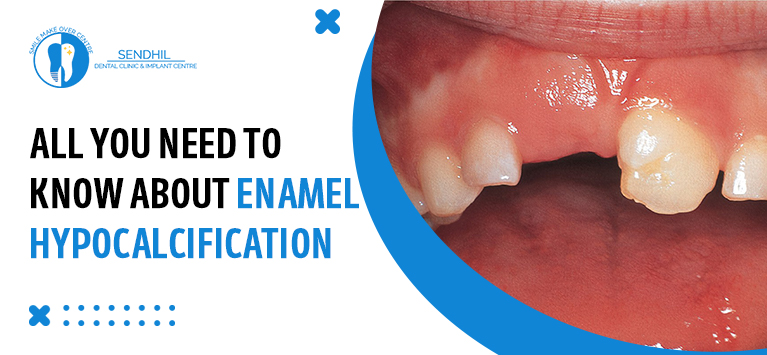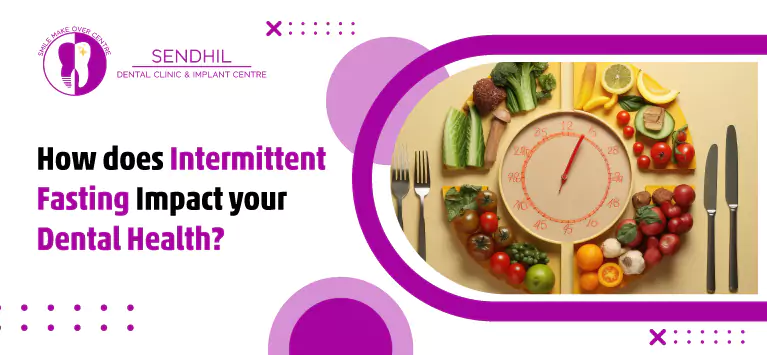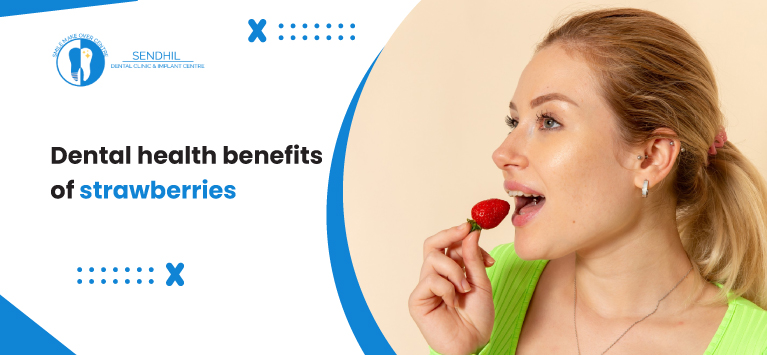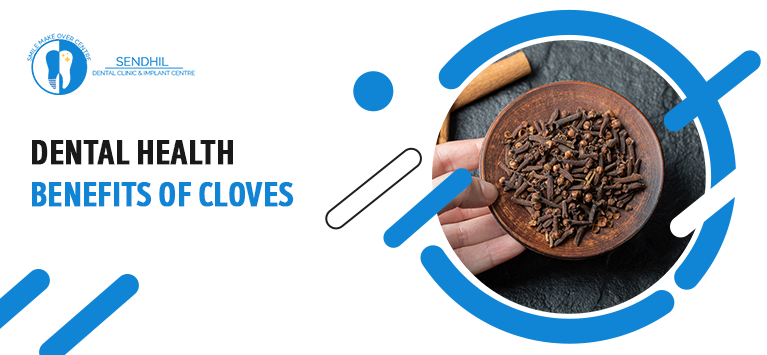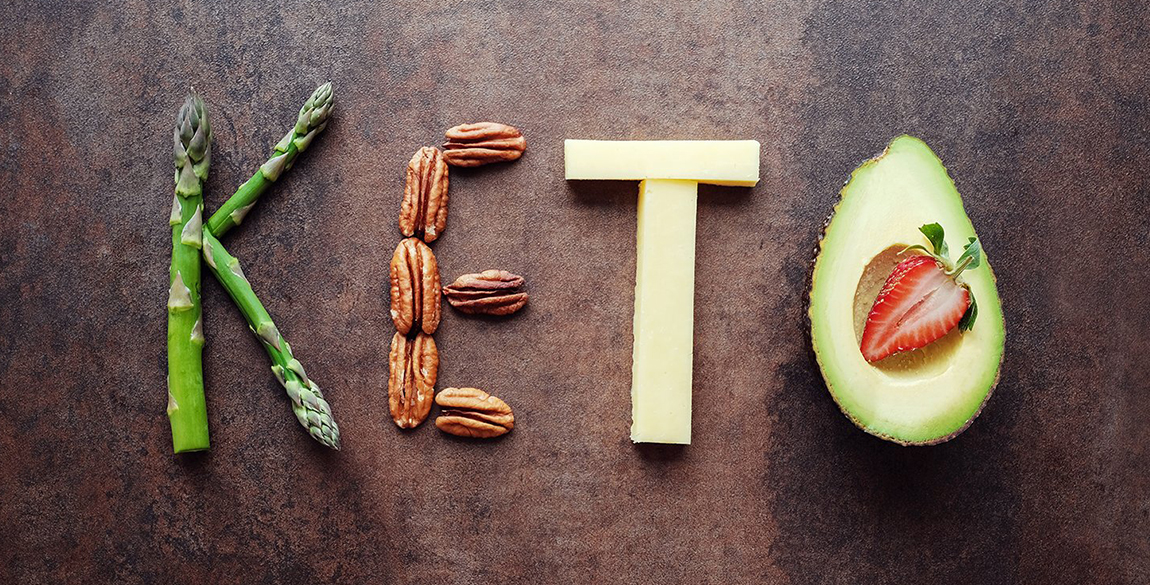
Why is the Roof of My Mouth Itchy?
Have you ever wondered, “why is the roof of my mouth itchy?” An itchy roof of mouth is a common but uncomfortable experience. While it might seem minor, this sensation can be linked to a variety of causes ranging from allergies to infections. Understanding why does the roof of my mouth itch can help you find the right solution and relief.
This blog will explore the possible reasons behind an itchy roof of the mouth, explain what makes the top of mouth itchy, and share simple itchy roof of mouth home remedies.
Table of Contents
10 Causes of an Itchy Roof of Mouth
1. Allergies
Allergies are one of the most common causes of an itchy roof of mouth. Your immune system reacts strongly to substances that are normally harmless, such as pollen, dust, or pet dander.
How allergies affect your mouth:
- Release of histamines causes swelling and itching in soft tissues.
- Itchiness is often accompanied by sneezing, runny nose, watery eyes, or throat irritation.
- Seasonal allergies (hay fever) are a frequent trigger.
2. Oral Allergy Syndrome (OAS)
OAS happens when certain raw fruits, vegetables, or nuts trigger a reaction because their proteins resemble pollen proteins.
Common foods that may cause OAS:
- Apples
- Melons
- Carrots
- Tomatoes
- Nuts (like hazelnuts)
If you notice your roof of mouth itchy immediately after eating these, OAS could be the reason. Cooking or peeling these foods often reduces the reaction.
3. Food Allergies
Food allergies are more serious than OAS and may cause stronger reactions.
Common allergy-triggering foods include:
- Peanuts
- Tree nuts
- Shellfish
- Dairy products
- Eggs
Along with an itchy mouth, you may also experience hives, swelling of the lips or tongue, or difficulty breathing. Severe reactions require immediate medical care.
4. Dental or Gum Problems
Issues in your mouth such as gum infections, poorly fitting dentures, or irritation from recent dental work can extend to the palate.
- Gum disease can cause inflammation that spreads to the roof of the mouth.
- Dentures or dental appliances that don’t fit well may rub against tissues and cause itching.
- After dental treatments, temporary sensitivity or itchiness is possible.
5. Sinus Issues
Your sinuses sit just above the roof of your mouth. When they are inflamed, pressure builds up and can make the top of mouth itchy.
You may also notice:
- Stuffy or blocked nose
- Facial pressure or headaches
- Postnasal drip (mucus flowing down the throat)
6. Infections
Different types of infections can cause irritation in the palate:
- Viral infections: A common cold or flu may make the mouth itchy, often with sore throat and congestion.
- Cold sores: The herpes virus can cause tingling or itching before blisters appear.
- Oral thrush: A fungal infection caused by Candida leads to white patches, soreness, and itching. It’s more common in denture wearers, people on antibiotics, or those with weak immunity.
7. Dry Mouth
When your mouth doesn’t produce enough saliva, it becomes dry and irritated. This dryness can lead to itching.
Causes of dry mouth:
- Dehydration (not drinking enough water)
- Certain medications (like antihistamines or antidepressants)
- Health conditions such as diabetes
8. Hormonal Changes
Hormonal fluctuations can make oral tissues more sensitive. You may notice itching, dryness, or even mild burning sensations.
This is most common during:
- Pregnancy
- Menstrual cycles
- Menopause
9. Mouth Injury or Trauma
The roof of the mouth is delicate. Burns from hot foods or accidental bites can irritate it. As the tissue heals, itching is part of the natural recovery process.
Examples:
- Eating pizza or soup that’s too hot
- Scratches from sharp food edges (like chips or crackers)
10. Reactions to Medications or Products
Sometimes ingredients in toothpaste, mouthwash, or medications may irritate sensitive tissues.
- Flavored toothpaste or strong mouthwashes can trigger itching.
- Certain drugs may cause side effects like dry mouth and palate irritation.
Itchy Roof of Mouth Home Remedies
If your roof of the mouth itchy sensation is mild, you can try these safe and effective remedies:
- Saltwater Rinse: Gargle with warm saltwater to reduce irritation.
- Cold Foods: Ice cubes, yogurt, or cold drinks can soothe an itchy mouth.
- Honey: Known for its natural healing properties, honey can calm inflammation.
- Aloe Vera: A natural gel with cooling effects that may reduce irritation.
- Chamomile Tea: Use as a rinse to relieve itching and inflammation.
- Hydration: Drink plenty of water and chew sugar-free gum to prevent dryness.
- Avoid Irritants: Stay away from spicy, acidic, or rough foods until the irritation subsides.
When to See a Doctor
Most cases of an itchy roof of mouth are harmless. However, consult a doctor or dentist if you notice:
- Persistent itching for more than a few days.
- Swelling, difficulty breathing, or hives (possible severe allergy).
- White patches, sores, or blisters that don’t heal.
- Frequent recurrence without a clear trigger.
Conclusion
An itchy roof of mouth may seem minor, but it can signal different issues ranging from simple allergies to infections. By understanding the common causes of itchy roof of mouth, you can manage it better at home with simple remedies. But don’t ignore persistent or severe symptoms—professional care ensures your mouth stays healthy and irritation-free.
If you’ve been struggling with an itchy mouth, try the remedies above and seek medical advice when necessary. Relief is often just a few steps away!


